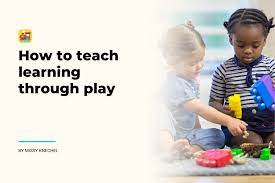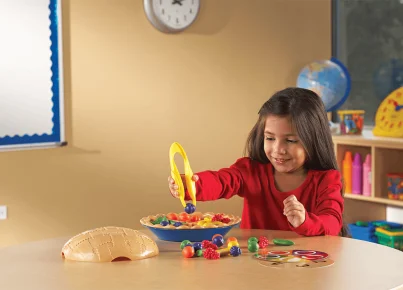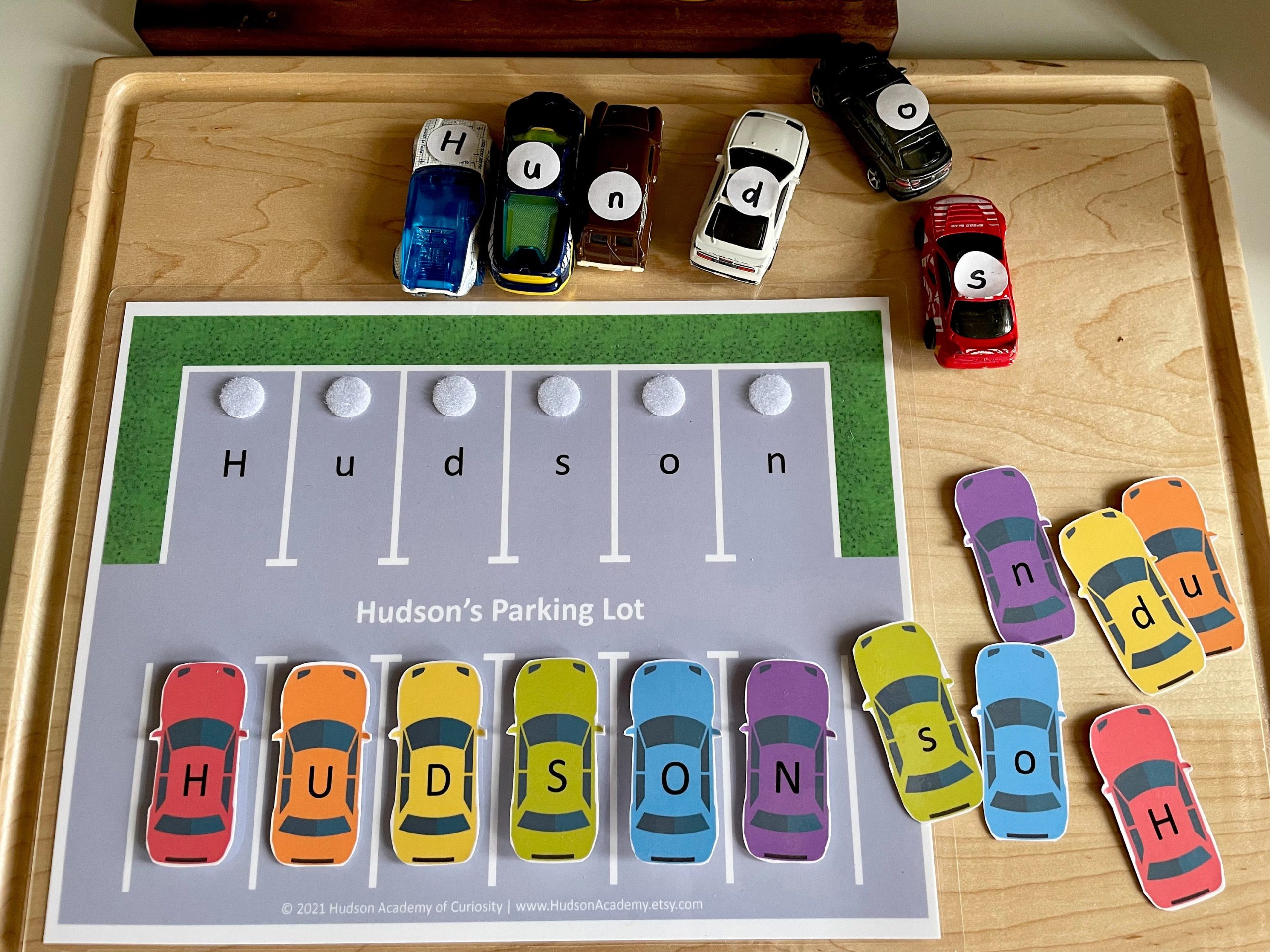Introduction
Play is a vital aspect of childhood development, providing children with the opportunity to learn, grow, and explore their surroundings. For boys, play often serves as a unique means of self-expression and communication, making it an essential tool for learning and engagement. This article takes a closer look at how parents and educators can incorporate play into teaching young boys, ensuring they develop their potential across various aspects of their lives.
1. Understanding the Importance of Play
Before diving into ways to teach boys through play, it is crucial to understand its significance in child development. Play promotes social skills, cognitive abilities, creativity, physical fitness, and emotional well-being. It also encourages problem-solving strategies and conflict resolution skills. By actively participating in playtime that incorporates learning objectives, you can foster a positive learning environment for boys.
2. Tailoring Activities According to Age and Interests
Identify age-appropriate and interest-based activities that cater to each child’s needs. For example:
– Toddlers: Encourage activities that develop fine motor skills like stacking blocks or playing with large puzzles.
– Preschoolers: Engage in role-playing or dramatic games that promote storytelling and communication abilities.
– School-aged children: Introduce board games or sports that improve critical thinking and coordination.
Understanding your child’s interests helps create personalized learning experiences that maintain engagement throughout the play session.
3. Encouraging Physical Activity
Boys often thrive in physically stimulating environments. Incorporating games and activities that require movement boosts their learning experience while enhancing fitness levels. Examples of such activities include:
– Running: Organize relay races or obstacle courses.
– Martial arts: Enroll them in classes suited to their age group.
– Team sports: Introduce basketball, soccer, or other team-based sports.
It is paramount not to limit your child’s physical activity to structured sports alone. Be open to spontaneous playtime, allowing them to explore their physical capabilities freely.
4. Promoting Cooperative Play
Teaching boys to work together through cooperative play fosters teamwork and communication skills. Introduce activities like collaborative building projects, problem-solving games, or group challenges that promote pro-social behavior.
5. Nurturing Creativity
Cultivate your child’s creativity by incorporating art, music, and imaginative play into their activities. Boys should be encouraged to express their creative side by engaging in activities like:
– Painting or drawing: Provide art supplies and allow them to create their own masterpieces.
– Music and movement: Introduce musical instruments or encourage dance sessions.
– Storytelling: Create a dedicated space equipped with costumes, puppets, and props for imaginative storytelling.
6. Emphasizing STEM Learning through Play
Bring science, technology, engineering, and math (STEM) concepts to life through play-based learning experiences such as:
– Experiments: Conduct hands-on experiments that demonstrate various scientific concepts.
– Construction toys: Use Lego, K’NEX, or similar items for creative engineering projects.
– Coding and robotics: Introduce age-appropriate coding games or build simple robots with DIY kits.
7. Providing a Supportive Environment
Endeavor to create a space where boys feel supported in their learning journey while enjoying playtime. Encourage their efforts and foster a growth mindset—allowing them to make mistakes and learn from them.
Conclusion
Incorporating play into the learning process empowers boys to develop critical skills while maintaining engagement in the task at hand. By understanding the unique needs of each child and providing tailored experiences that blend fun with education, you set the stage for children to thrive academically and personally. Remember always to be present, supportive, and enthusiastic during this.





